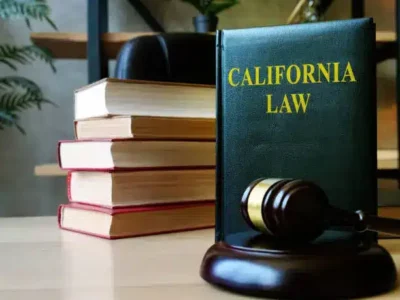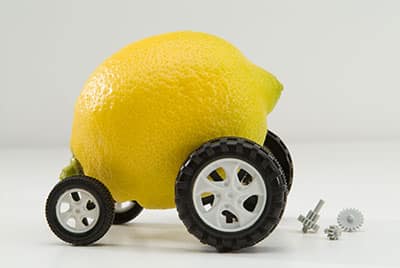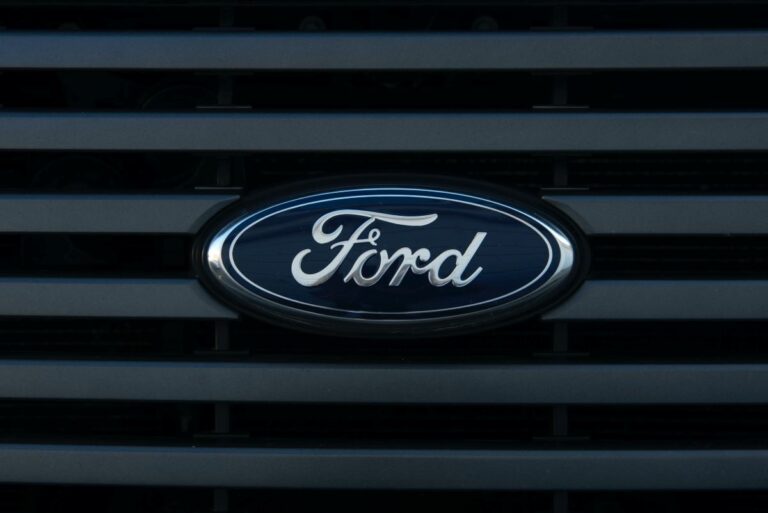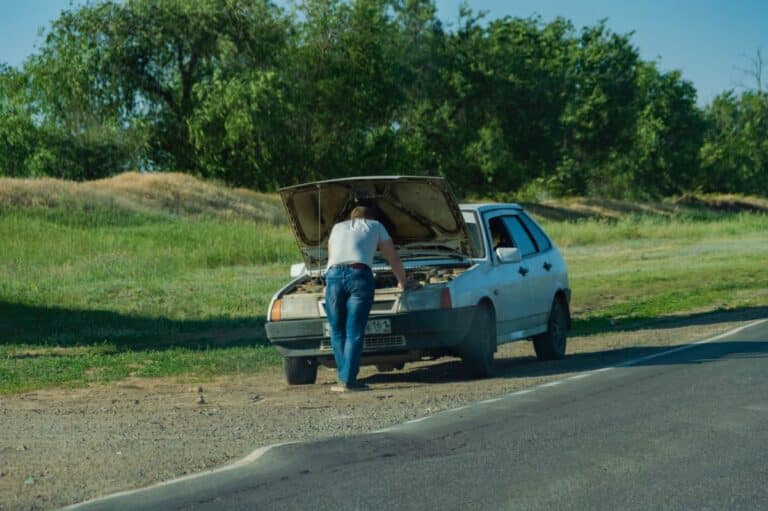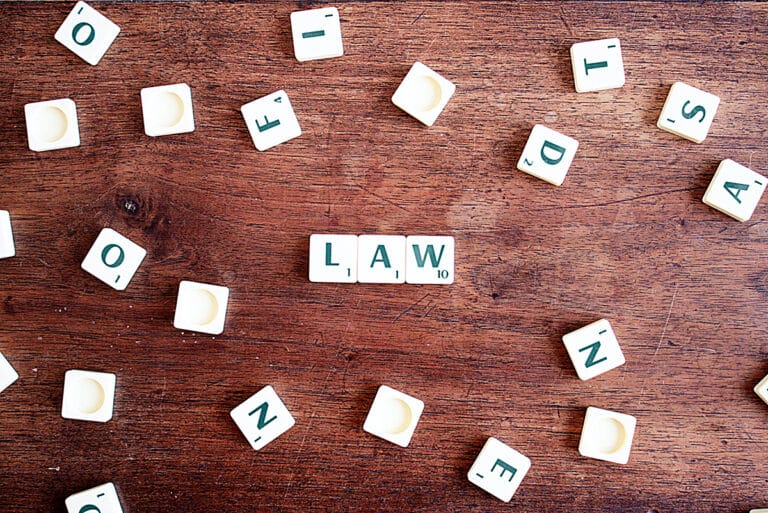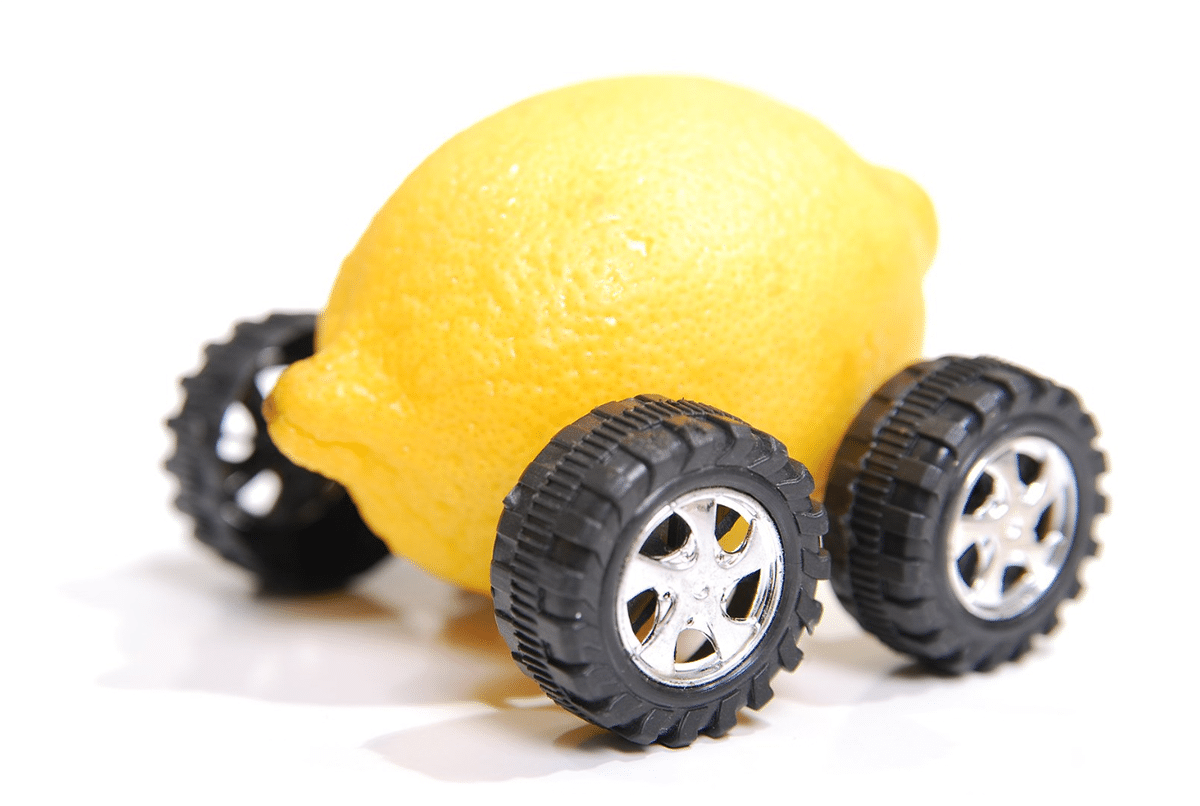
In the state of California, the Lemon Law is a consumer protection law that provides relief to buyers or lessees of new and used vehicles that turn out to be defective. This law requires manufacturers to either repurchase or replace a vehicle if it has substantial defects that cannot be repaired within a reasonable number of attempts.
The Lemon Law in California covers all types of motor vehicles, including cars, trucks, SUVs, motorcycles, and even recreational vehicles. In order for a vehicle to be considered a “lemon,” it must meet certain criteria set by the California Civil Code.
California Lemon Laws Explained
The California Lemon Law, officially known as the Song-Beverly Consumer Warranty Act, provides protection for consumers who have purchased or leased a motor vehicle with a substantial defect that a dealer or manufacturer fails to fix within a reasonable number of repair attempts. This law requires that if a vehicle, under the manufacturer’s warranty, has a recurring problem or a defect that the dealer cannot remedy despite several attempts, the consumer may be eligible for a replacement vehicle or a refund of the purchase price.
A substantial defect is one that significantly impairs the use, value, or safety of the vehicle, and it must be a defect covered by the warranty. The law stipulates that the manufacturer must have at least one opportunity to fix the issue. However, in many states, and particularly in California, if the same problem persists after a specific number of attempts (usually four times), it is deemed a “lemon.”
The consumer’s mileage at the time of the first repair attempt is a key factor in determining the amount to be refunded or the cost of the replacement vehicle. The dealer subtracts the value of the mileage from the purchase price.
In essence, the Lemon Law in California is a form of service to consumers, ensuring they are not stuck with a faulty vehicle that substantially impairs their safety and convenience while providing them with legal avenues to seek necessary restitution.
Does The Lemon Law Apply To A New Vehicle or Used Vehicle?
The California Lemon Law applies to both new and used vehicles, as long as the vehicle falls under the manufacturer’s warranty. This means that even if you have purchased a pre-owned car from a dealership or a private seller, you may still be eligible for relief under the Lemon Law if it meets all the criteria.
However, it’s worth noting that the law does not cover vehicles purchased “as is” or with a limited warranty. In such cases, the responsibility to fix any defects falls on the buyer.
How Do I Know If I Have A Defective Vehicle?
Identifying whether your car meets the criteria to be classified as a “lemon vehicle” under the California Lemon Law could initially seem complex, but understanding the following conditions can simplify the process. To have the Lemon Law apply to your vehicle, it must present a defect or issue that substantially impairs its use, value, or safety. This defect must be one that the dealer has attempted to repair at least four times, without success.
It’s critical to remember that these repair attempts should be made within the manufacturer’s warranty period. If your car continues to exhibit the same defect despite these repairs, it may qualify as a lemon. Additionally, amidst the service and repair attempts by the dealer, if your car has been in the shop for more than 30 days (consecutive or not) within the warranty period for a problem that considerably impairs its use, safety, or value, you may also be protected under the lemon law.
As a consumer, it’s important to maintain a detailed record of all repair orders, invoices, and receipts. These documents will be vital evidence to demonstrate that you have given the dealer a reasonable number of attempts to fix the problem. Finally, remember that the law is applicable for defects that occurred within 18 months of delivery or 18,000 miles on the vehicle’s odometer, whichever happens first, from the date of purchase or lease.
What Are My Options If I Have A Lemon Vehicle?
If you have determined that your vehicle qualifies as a lemon under the California Lemon Law, you may be eligible for either a replacement vehicle or a refund of the purchase price. The decision on the appropriate remedy will depend on various factors, including the number of repair attempts made and the mileage of the vehicle at the time of the first repair attempt.
In most cases, it’s advisable to consult with a lemon law attorney who specializes in these types of cases. They will be able to review your case and provide guidance on the best course of action to seek relief under the Lemon Law.
Do I Need A Lemon Law Attorney?
Hiring a lemon law attorney such as those at The Lemon Law Associates of California can provide a multitude of benefits, especially if you’ve found yourself grappling with the challenges of a defective car or other vehicle. These specialists have an intimate understanding of both the state and federal lemon laws and can provide valuable guidance in navigating these complex legal avenues.
Whether you’re dealing with a faulty new car or a substandard used car, a lemon law attorney can help determine if your vehicle’s issues substantially impair its use, value, or safety – a key criterion in lemon law cases. They can scrutinize your car’s repair history and dealer interactions, confirming if your vehicle’s defects fall under those categories covered by the lemon laws.
Suppose the dealer is unwilling to adequately address and cover the defects, or if the repairs made have been unsuccessful. In that case, a lemon law attorney can offer much-needed assistance, potentially elevating the matter to arbitration or even litigation. Their expert advice and representation can be instrumental in ensuring your rights are upheld, and appropriate remedies are provided for your lemon vehicle. In summary, the expertise and assistance of a lemon law attorney can be a powerful ally when dealing with the intricacies of lemon laws and defective vehicle disputes.
The Lemon Law Associates Of California
Take note, if your car meets the criteria for a “lemon,” receiving assistance from the Lemon Law Associates of California could prove essential in your pursuit of justice. Our team of legal experts understands the value of your time and investment in your vehicle. We are adept at navigating the complex maze of state and federal lemon laws, ensuring you get the rightful compensation you deserve. If the matter escalates to arbitration, our seasoned attorneys will stand by your side, advocating for your rights with vigor and determination. Acting promptly is crucial – once you notice recurring defects in your vehicle that impair its use, safety, or value, don’t hesitate.
Contact the Lemon Law Associates of California today to explore your options under the lemon laws and ensure a smoother road ahead.
Frequently Asked Questions
Does the Lemon Law apply to a used car that was purchased with a written warranty?
Yes, the Lemon Law can apply to a used car as long as it was purchased with a written warranty. This means that the manufacturer or dealership has promised to stand by the vehicle and cover defects that may arise.
What kind of defects does the Lemon Law cover for a used car?
The Lemon Law typically covers defects that substantially impair the use, safety, or value of the car. These may include issues with the engine, transmission, brakes, or other major systems of the car. However, minor issues or those resulting from regular wear and tear are typically not covered. It’s essential to refer to your owner’s manual or written warranty for specific information about what is covered.
Where can I find information about what defects are covered in my warranty for my used car?
The specific defects that are covered by your warranty should be clearly outlined in the owner’s manual or warranty documentation that came with your used car. If the information is not clear, it would be advisable to contact the dealership or the manufacturer directly for clarification.
Can I use the Lemon Law if the defects in my used car were not covered in the owner’s manual?
If the defects in your used car are not listed in the owner’s manual, but they substantially impair the use, safety, or value of the vehicle, you could still potentially use the Lemon Law for recourse. However, the specificities can vary, so it’s best to consult with a legal expert or lemon law attorney. They can help you understand your rights and assist with the process if you decide to proceed.
